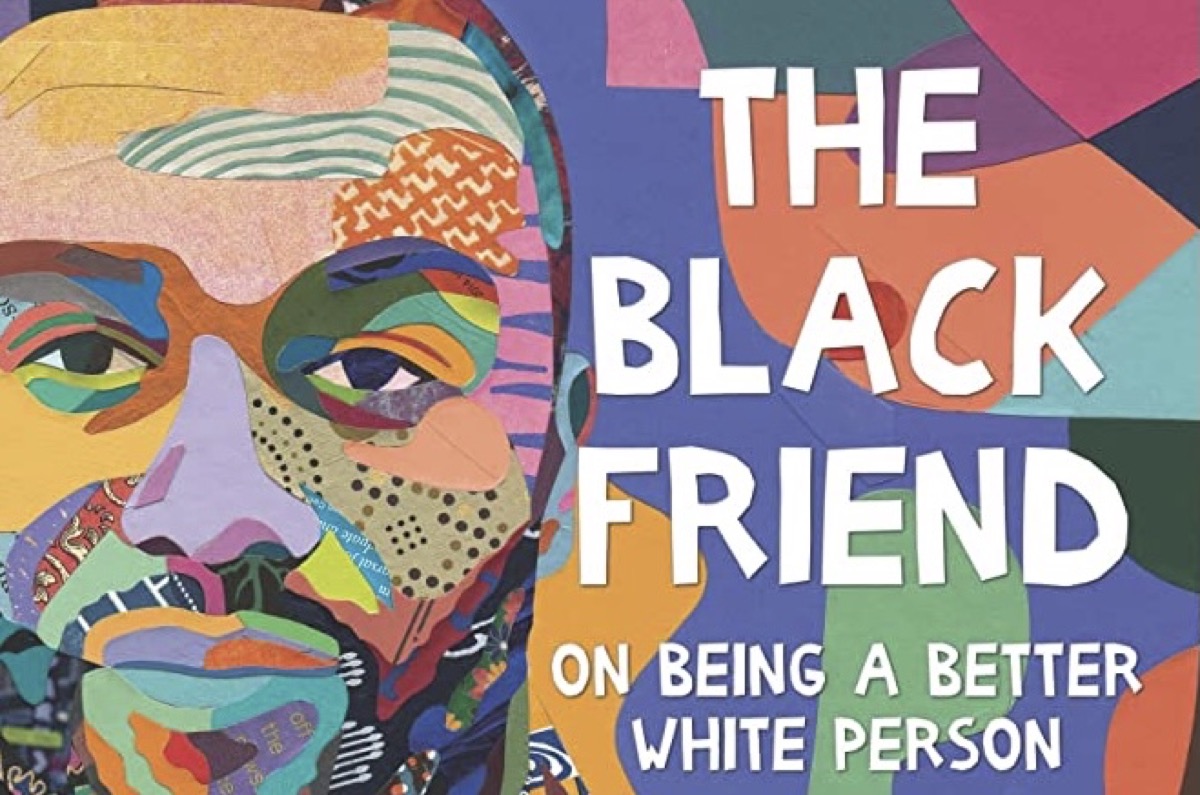School Removes Black Author’s Memoir Because They Have Other Books on Race—From White People
Ah, racism.

A school district in Houston, Texas has removed a memoir about Black people’s experiences of racism and has made it worse by arguing that To Kill a Mockingbird, by Harper Lee, a white woman, is … better?
The book in question, The Black Friend: On Being a Better White Person by Frederick Joseph, is described as “a conversation starter, tool kit, and invaluable window into the life of a former ‘token Black kid’ who now presents himself as the friend many readers need.” In it, Joseph talks about his own life, as well as interviews with other Black people about theirs. It joins a long list of books that have racially motivated bans behind them.
On April 18, Joseph shared a video of the school board’s debate on Twitter and wrote, “They have To Kill a Mockingbird, thus they don’t need to hear about race from Black authors…”
During the meeting, a board member spoke about the book, asking, “Is it educationally suitable?”
She also said, “I think we have many, many other books in our libraries that offer these historical perspectives about racism and other conservations that will allow all of the children in our district to self-select and read if they choose,” as well as, “We certainly know that there are other books in our libraries that talk about racism. How about this? To Kill a Mockingbird.”
Another member pushed back, pointing out that To Kill a Mockingbird (required reading for her daughter) was written several decades ago (while Joseph’s book is more modern, released in 2020) and might have a different perspective as a result of that—and the fact that its author and protagonist are white. In case you need a refresher, or don’t know the story of Lee’s novel, it centers around six-year-old Jean Louise “Scout” Finch, a young white girl who witnesses various acts of racism after her father, Atticus, becomes a lawyer for a Black man who is falsely accused of rape.
Though it won the Pulitzer Prize a year after it was published and became an instant success, even To Kill a Mockingbird has been banned and/or pulled from shelves many times over the years. On the YouTube series Storied, Princess Weekes’ analyzes both the positives and the negatives of the novel and rounds off the installment by saying, “It is not without merit, but it doesn’t center Black characters or Black experiences … It is an introduction to empathy but at a distance.
“I don’t think we need to stop teaching To Kill a Mockingbird, but I think it should be followed up with a Bildungsroman that actually puts you in the space of a Black person rather than a white child.”
According to ABC13, “Library materials subject to restricted access shall be moved to a restricted access area; however, the titles of the library materials shall remain viewable… If a committee decides that the book is restricted access, then written parental/legal guardian permission shall be required.”
Joseph told the publication, “It’s heartbreaking. First and foremost, because it undercuts parents. It undercuts teachers. Most importantly, it undercuts students.”
(featured image: Candlewick)
Have a tip we should know? tips@themarysue.com